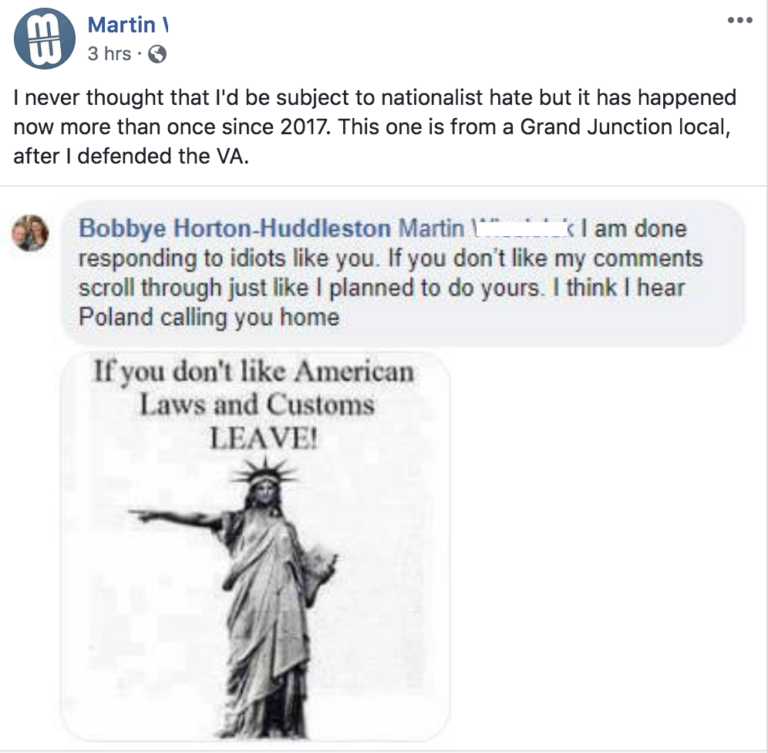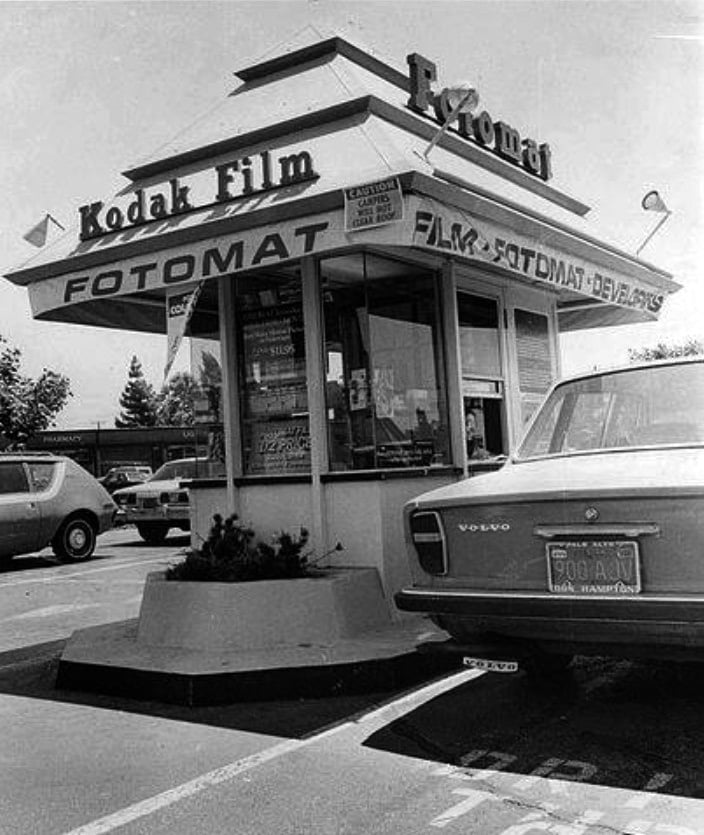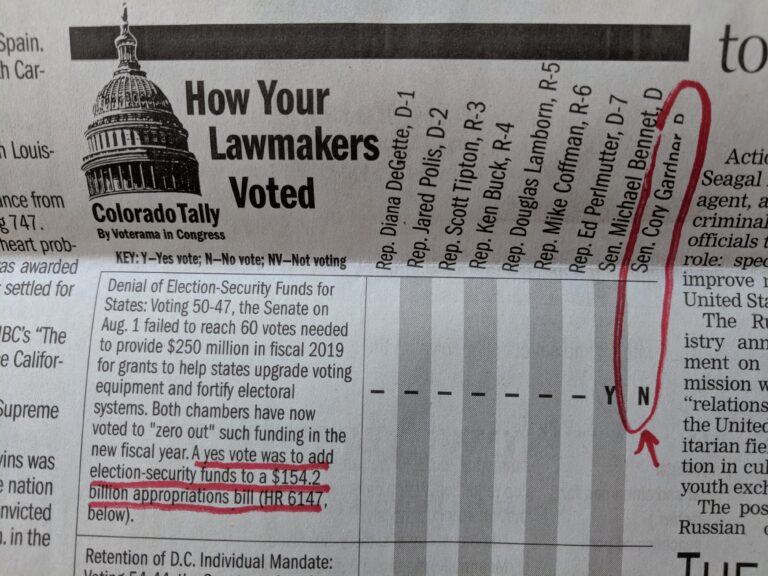FREE Progressive Family Picnic Sept. 1 features gubernatorial candidate Jared Polis
August 28, 2018
4 Comments
Attend a FREE political event to celebrate the increasing power of liberals and progressives on the western slope! Come to the Progressive Family Picnic on ...
Read More →
More on the hate culture in Grand Junction: “If you don’t like it, leave”
August 17, 2018
13 Comments
Note: I first published this article in August of 2018, but given President Trump’s recent racist statements toward four female freshmen members of Congress, it ...
Read More →
Grand jury report details sexual abuse by over 300 priests in PA Catholic Church alone
August 15, 2018
2 Comments
It’s an unfathomably bad day for religion, but a better day to be an atheist, if you already are one. If you’re not already, the ...
Read More →
Senator Ray Scott’s absurd efforts to block progress in the energy industry
August 14, 2018
4 Comments
State Senator Ray Scott (R-Mesa County) isn’t just your average fossil fuel cheerleader. He goes far beyond defending the oil and gas industry by working ...
Read More →
Club 20 screams like a spoiled toddler and charges $25 to attend it’s debate while Polis attends events that are free and open to everyone
August 9, 2018
11 Comments
At the end of July, Democratic gubernatorial candidate Jared Polis announced he was going to have to miss Club 20’s September 8 candidate debate. In response ...
Read More →
Election hacking? No biggie. Sen. Cory Gardner votes against funding election security
August 7, 2018
No Comments
Russia’s campaign to influence U.S. elections and help Donald Trump get elected must not be any big deal to Colorado’s Republican Senator Cory Gardner, who ...
Read More →






